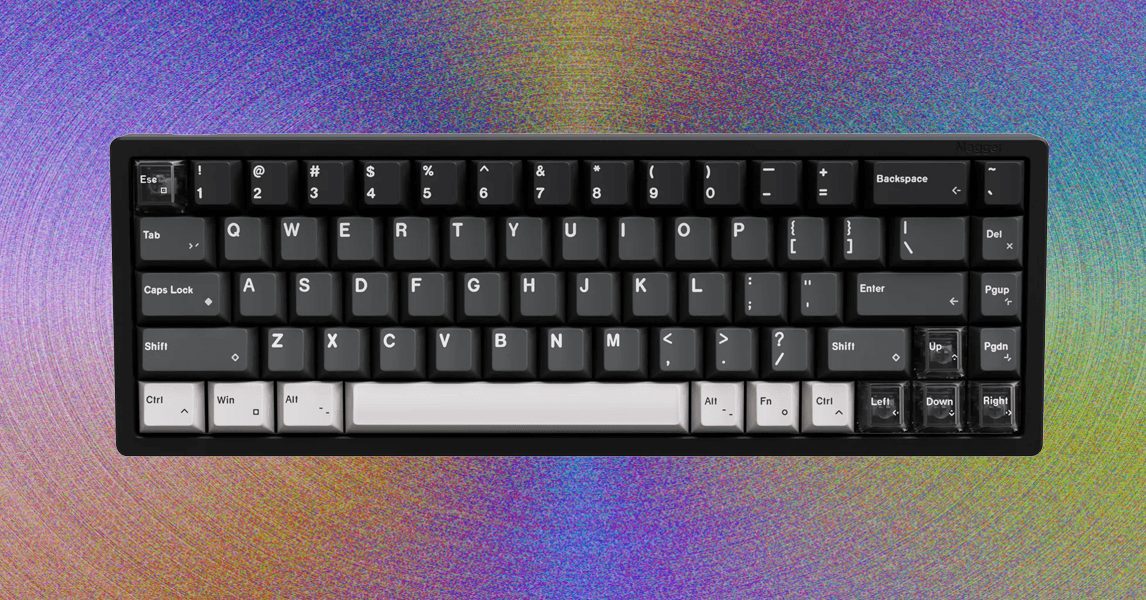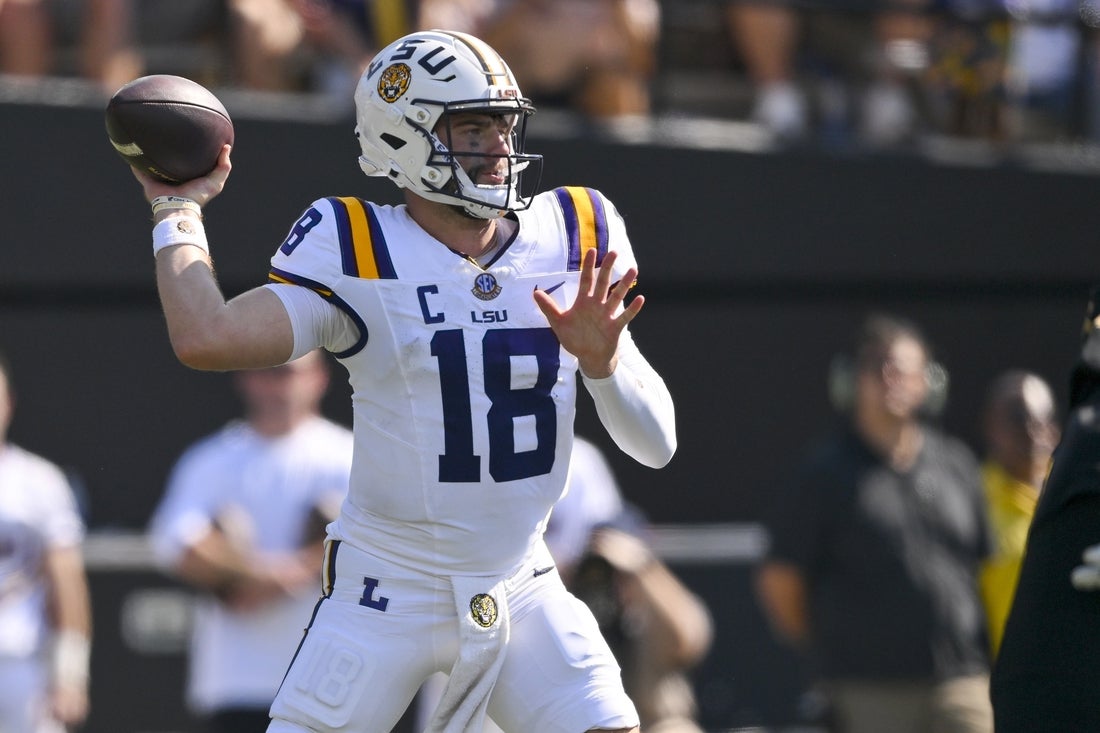A U.S. senator this week criticized the gun trade for secretly harvesting private data from firearm house owners for political functions, calling it an “invasive and harmful intrusion” of privateness and security.
In a letter despatched to the Nationwide Capturing Sports activities Basis on Tuesday, Sen. Richard Blumenthal, D-Conn., questioned the legality of the “covert program” wherein firearms producers for years shared delicate buyer data with political operatives.
Blumenthal cited a ProPublica investigation that discovered a few of America’s most iconic gunmakers secretly participated, even whereas the gun trade introduced itself as a privateness protector and fought towards authorities and company efforts to trace firearms possession.
No less than 10 gun trade companies, together with Glock, Smith & Wesson and Remington, handed over tons of of 1000’s of names, addresses and different personal information — with out buyer information or consent — to the NSSF, which then entered the main points into what would turn out to be a large database. The database was used to rally gun house owners’ electoral assist for the trade’s candidates working for the White Home and Congress.
Blumenthal, who chairs a Senate subcommittees on privateness, gave the NSSF a Nov. 21 deadline to reply a number of questions. He wished to know extra about which firms contributed data to the database, the kind of buyer particulars shared and whether or not the info remains to be being utilized by the group or by others.
The senator, who served as Connecticut’s legal professional common for twenty years and has persistently supported laws to scale back gun violence, mentioned he was additionally “disturbed” by “obtrusive discrepancies” between what ProPublica uncovered and the NSSF’s earlier responses to his workplace.
In 2022, Blumenthal despatched the NSSF an inventory of questions after studying leaked paperwork that made a passing reference to the database. In its response, the NSSF wouldn’t acknowledge the database’s existence.
“The secretive compilation and sharing of personal data by NSSF and its companions appears to have violated federal client safety legal guidelines and created substantial information privateness and security dangers for lawful gun house owners,” Blumenthal wrote.
The client data initially got here from many years of guarantee playing cards stuffed out and returned to gun producers for rebates and restore or alternative packages. A ProPublica evaluation of dozens of guarantee playing cards from the Seventies by means of as we speak discovered that some promised clients their data could be saved strictly confidential. Others mentioned some data might be shared with third events for advertising and marketing and gross sales. Not one of the playing cards knowledgeable consumers their particulars could be utilized by lobbyists and consultants to win elections.
Violating a promise of strict confidentiality on guarantee playing cards or failing to say that client data might be given to the NSSF could qualify as a misleading observe underneath the Federal Commerce Fee Act, privateness and authorized specialists mentioned. Below the legislation, firms should observe their privateness insurance policies and be clear with shoppers about how they may use their data.
The NSSF didn’t reply to messages in search of remark. Beforehand, the group defended the info assortment, saying in a press release to ProPublica that any suggestion of “unethical or unlawful conduct is totally unfounded.” The assertion mentioned “these actions are, and at all times have been, totally authorized and throughout the phrases and situations of any particular person producer, firm, information dealer, or different entity.”
Glock and Smith & Wesson didn’t beforehand reply to ProPublica’s requests for remark. Within the years because the information sharing program was launched, Remington has been cut up into two firms and bought. Remarms, which owns the previous firearms division, mentioned it was unaware of the corporate’s workings on the time. The opposite portion of the corporate is now owned by Remington Ammunition, which mentioned it had “not supplied private data to the NSSF or any of its distributors.”
Based in 1961 and presently primarily based in Shelton, Connecticut, the NSSF represents 1000’s of firearms and ammunition producers, distributors, retailers, publishers and capturing ranges. Whereas not as properly often known as the chief lobbyist for gun house owners, the Nationwide Rifle Affiliation, the NSSF is revered and influential in enterprise, political and gun-rights communities.
For twenty years, the group has raged towards authorities and company makes an attempt to amass data on gun consumers. As not too long ago as this yr, the NSSF pushed for legal guidelines that might prohibit bank card firms from creating particular codes for firearms sellers, claiming the codes might be used to create a registry of gun purchasers.
As a gaggle, gun house owners are fiercely protecting about their private data. Many have good causes. Their ranks embody law enforcement officials, judges, home violence victims and others who’ve confronted critical threats of hurt.
The gun trade launched the info harvesting roughly 17 months earlier than the 2000 election because it grappled with a cascade of economic, authorized and political threats.
Inside three years, the NSSF’s database — full of guarantee card data and supplemented with names from voter rolls and looking licenses — contained at the very least 5.5 million folks. The knowledge was central to what NSSF known as its voter training program, which concerned sending letters, postcards and later emails to steer gun consumers to vote for the firearms trade’s most popular political candidates.
As a result of privateness legal guidelines defend the names of firearm purchasers from public view, the info NSSF obtained gave it a novel means to determine and get in touch with massive numbers of gun house owners or capturing sports activities fans. The NSSF has credited its program for serving to elect each George W. Bush and Donald Trump to the White Home.
In April 2016, a contractor on NSSF’s voter training mission delivered a big cache of information to Cambridge Analytica, a political consulting agency credited with taking part in a key function in Trump’s slim victory that yr, in line with inside Cambridge emails and paperwork. The corporate later went out of enterprise amid a world scandal over its dealing with of confidential client information.
The information given to Cambridge included 20 years of gun house owners’ guarantee card data in addition to a separate database of consumers from Cabela’s, a sporting items retailer with roughly 70 shops within the U.S. and Canada.
Cambridge mixed the NSSF information with a wide selection of delicate particulars obtained from industrial information brokers. It included folks’s earnings, their money owed, their faith, the place they stuffed prescriptions, their youngsters’s ages and purchases they made for his or her youngsters. For girls, it revealed intimate components similar to whether or not the underwear and different garments they bought had been plus measurement or petite.
The knowledge was used to create psychological profiles of gun house owners and assign scores to behavioral traits, similar to neuroticism and agreeableness. With the NSSF supporting Trump and pro-gun congressional candidates, the profiles helped Cambridge tailor the NSSF’s political messages to voters primarily based on their personalities.











